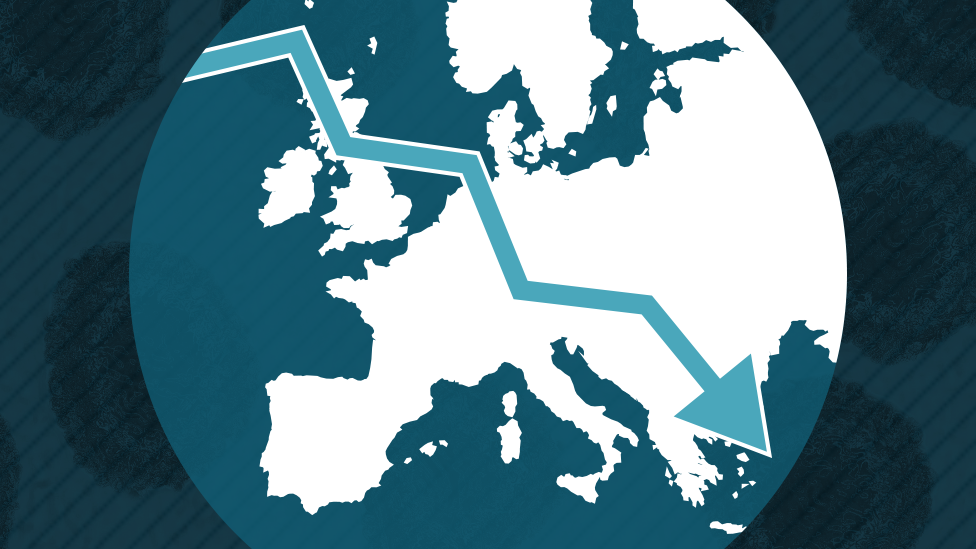Covid-19 pandemic: Sweden reverses face mask guidelines for public transport
- Published
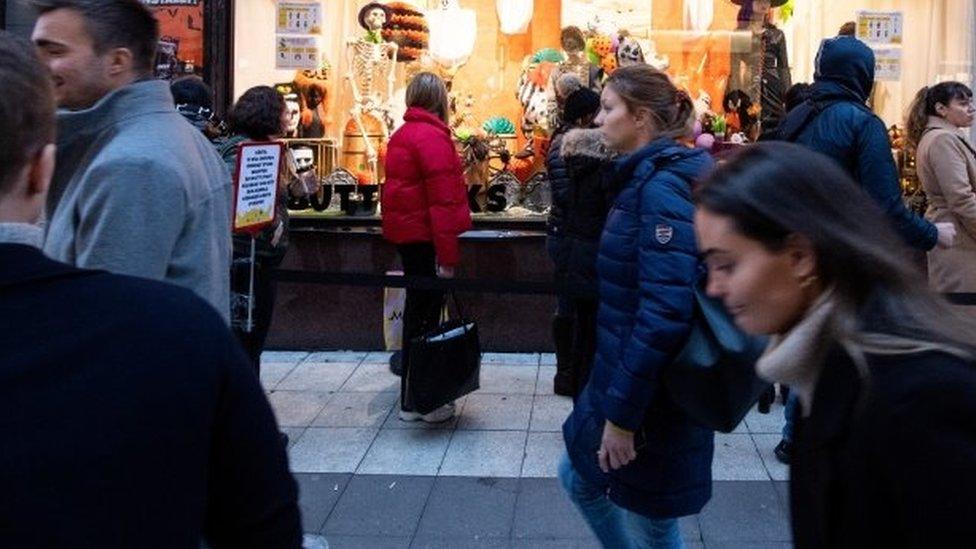
Sweden has not imposed tough restrictions seen elsewhere in Europe
Sweden's government is recommending wearing face masks on public transport during the rush hour, reversing its earlier Covid guidance.
It will also cut from the current eight to four per table the number of people sitting together in restaurants, and ban alcohol sales after 20:00.
PM Stefan Löfven unveiled the measures, which will take effect soon.
Elsewhere in Europe, Italy and Austria are the latest countries to be placed in lockdowns over the Christmas period.
Sweden, which has never imposed a full lockdown, has seen nearly 360,000 cases and 8,000 deaths - many more than its Scandinavian neighbours.
The country had previously been one of only a few nations not to recommend masks in public outside of healthcare settings.
This is despite strong recommendations given by the World Health Organization (WHO).
On Thursday, Swedish King Carl XVI Gustaf said the Scandinavian nation "failed" to save lives with its relatively relaxed approach to the coronavirus outbreak.
The monarch made the remarks as part of an annual TV review of the year with the royal family.
Instead of relying on legal sanctions, Sweden appeals to citizens' sense of responsibility and civic duty, and issues only recommendations. There are no sanctions if they are ignored.
Ros Atkins looks at one country that's been an outlier since the start of the pandemic: Sweden
However, earlier this week, schools across the Stockholm region were asked to switch to distance learning for 13 to 15-year-olds for the first time as soon as possible. The measure was announced in response to rising Covid-19 cases.
This came a week after a nationwide decision on 7 December to switch to remote learning for those over 16.
And on Monday, new nationwide social-distancing recommendations for the Christmas period came into force, replacing similar region-specific guidelines.
What else is happening in Europe?
Sweden is not alone in tightening coronavirus restrictions. A number of European countries have done so ahead of Christmas following a surge of infections.
The Netherlands and Germany have imposed lockdowns until January. On Friday, Italy followed suit, imposing a nationwide lockdown for much of the Christmas and New Year period.
Italians will only be allowed to travel for work, health or emergency reasons between 24-27 December, 31 December - 3 January, and 5-6 January.
In Austria, the government said on Friday the country would enter its third lockdown after Christmas. From 26 December, non-essential shops will be shut and movement outside homes restricted.
However, a mass testing programme in January will give people the opportunity to end their lockdown sooner. The government said those who test negative for the virus will be allowed more freedoms.
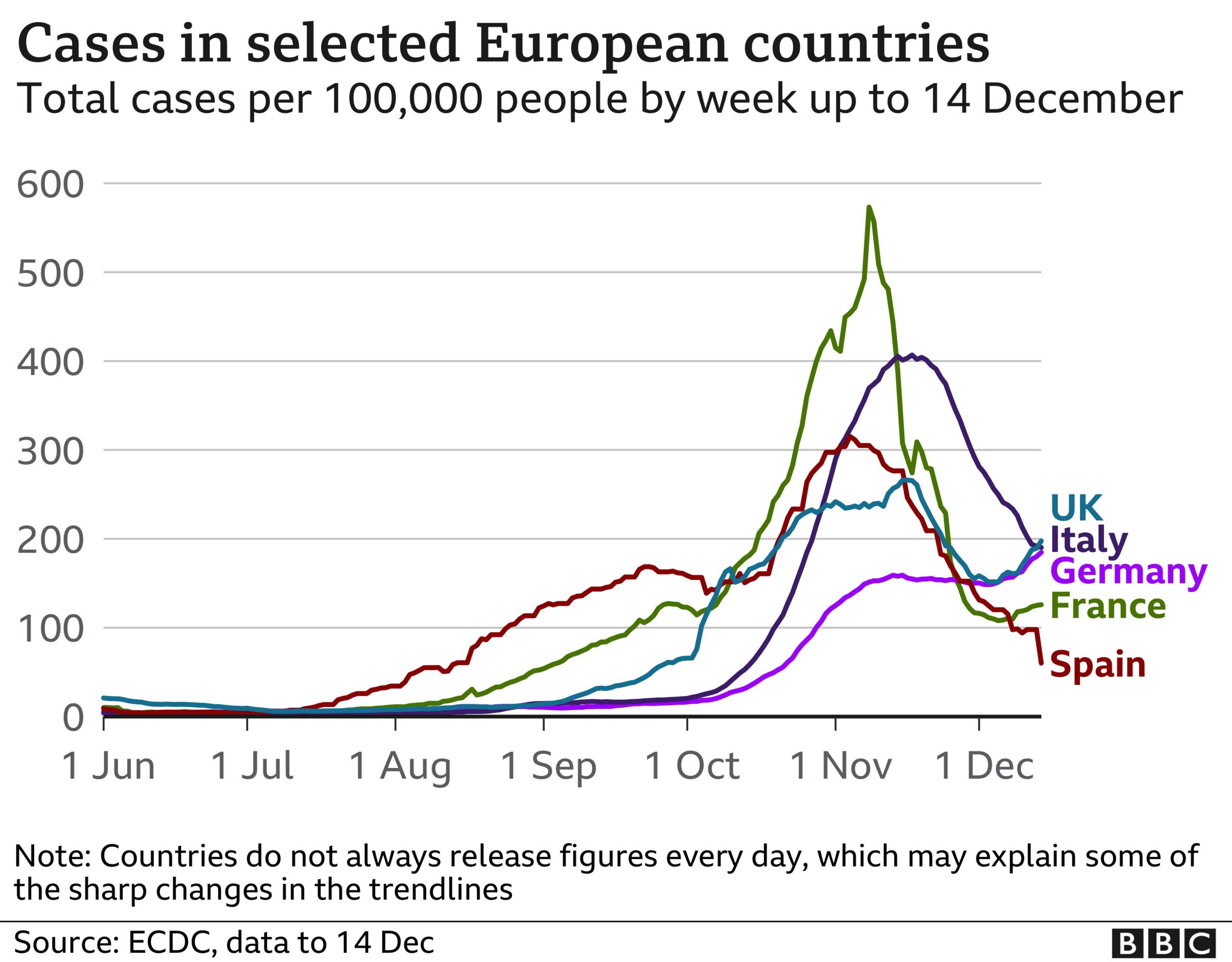

In France, President Emmanuel Macron remains in self-isolation in the official presidential residence at La Lanterne at Versailles after testing positive for Covid-19. Mr Macron said he was suffering from fatigue, headaches and a dry cough.
Slovakia's Prime Minister Igor Matovic, who attended an EU summit with Mr Macron last week, said he had tested positive for coronavirus on Friday.
Several other European leaders who were also at the summit, including the prime ministers of Belgium, Spain, Portugal and Luxembourg, said they would self-isolate.
Related topics
- Published3 November 2020

- Published16 October 2020
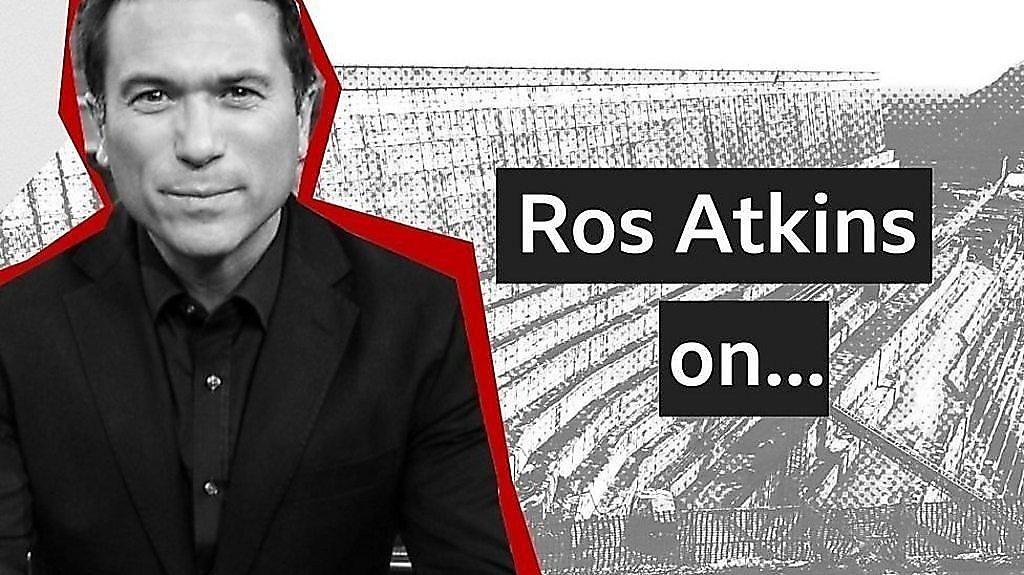
- Published24 July 2020
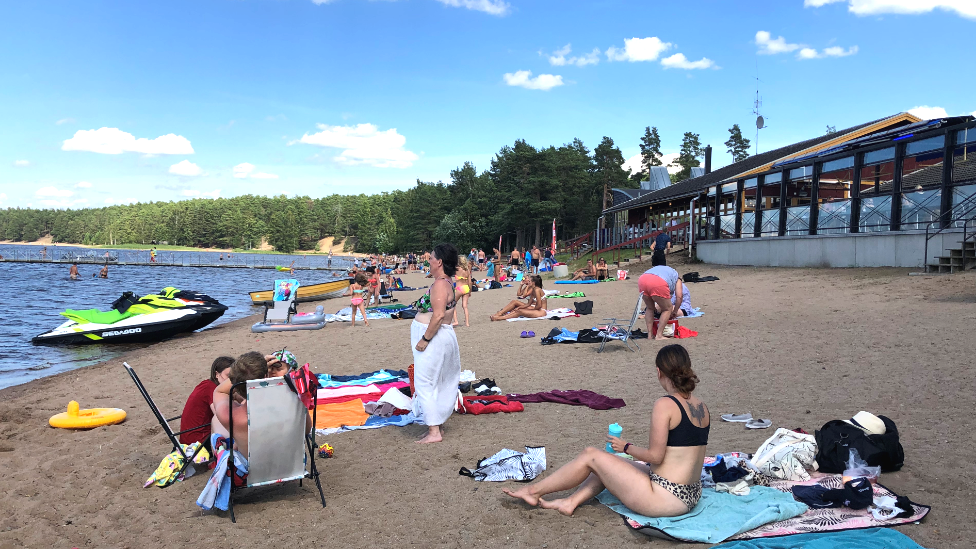
- Published22 October 2020
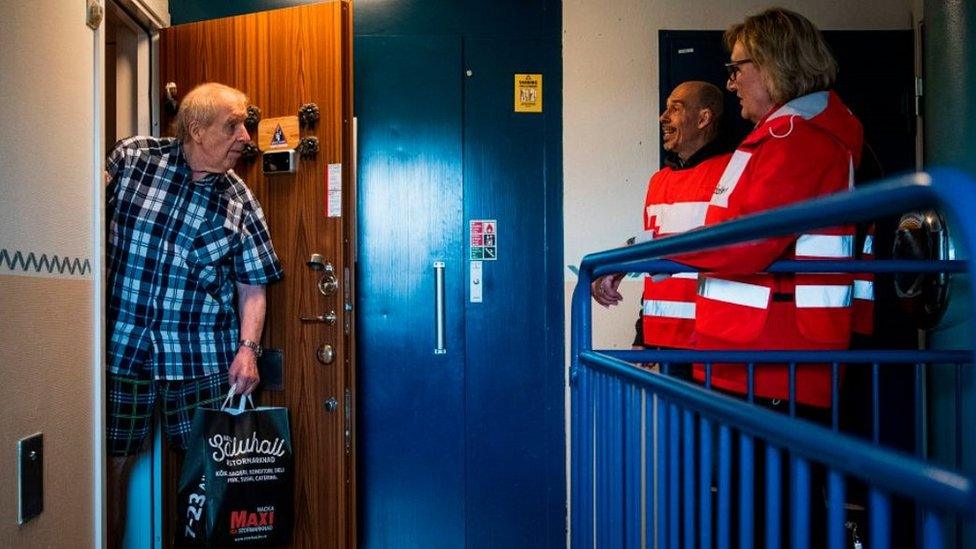
- Published25 June 2021
